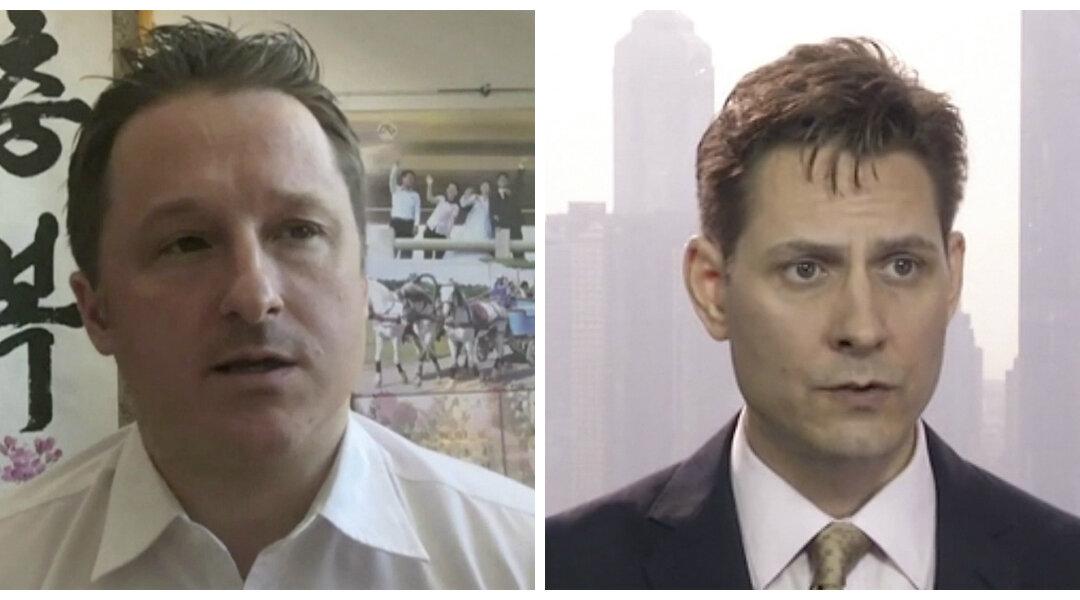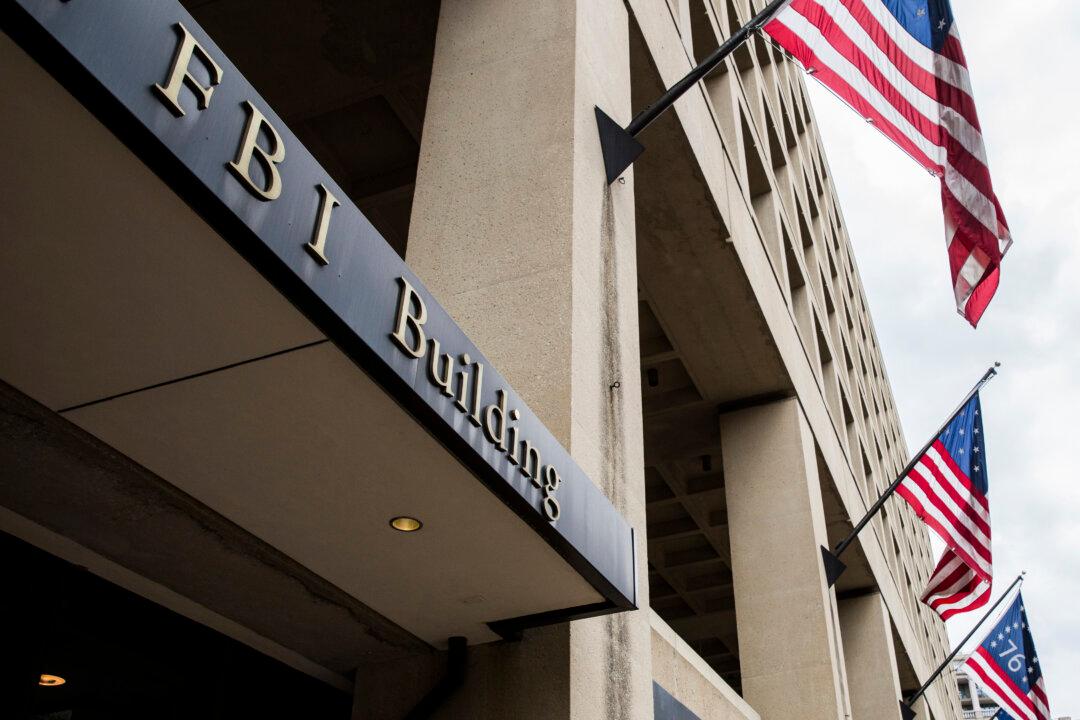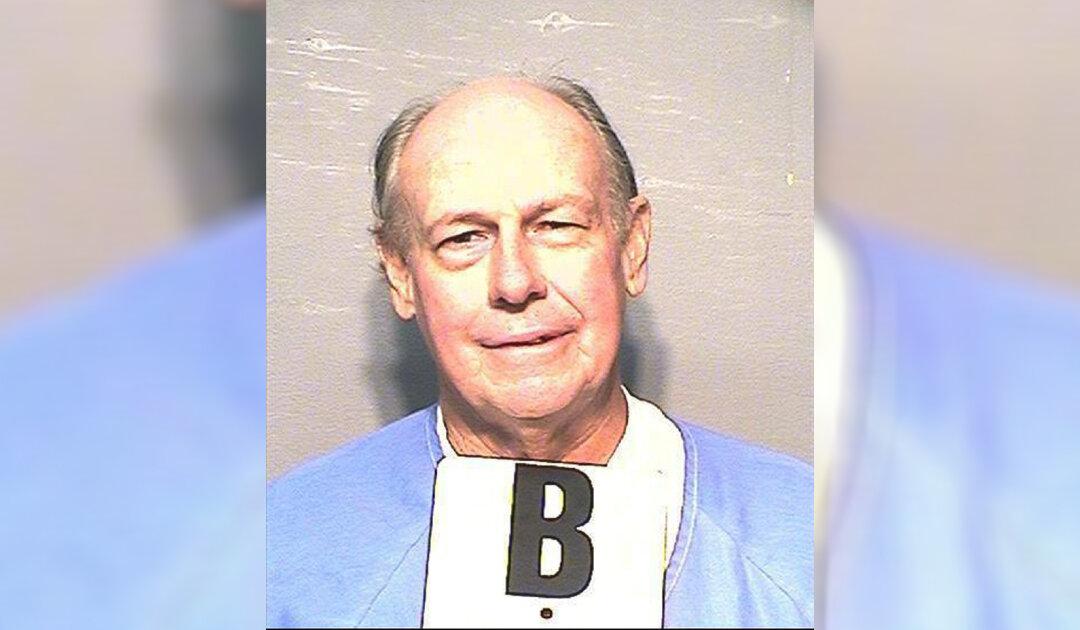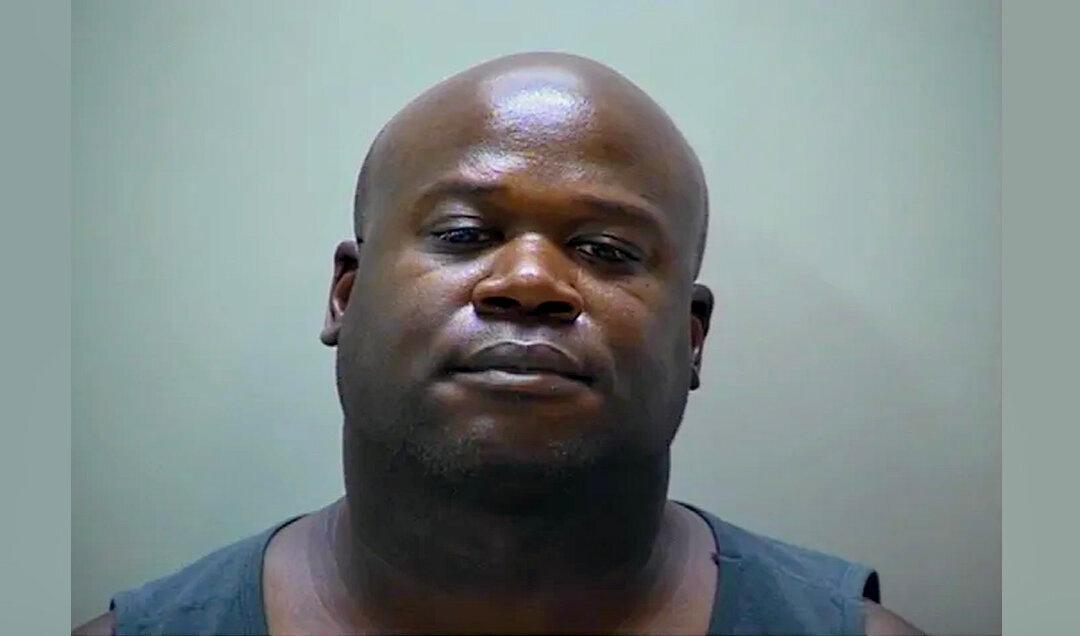Nearly 150 former diplomats and scholars from around the world have demanded the release of two Canadian citizens being detained in China.
In an open letter published by different media, Chinese leader Xi Jinping is urged to immediately release former Canadian diplomat and International Crisis Group North East Asia adviser Michael Kovrig and Paektu Cultural Exchange Director Michael Spavor.





